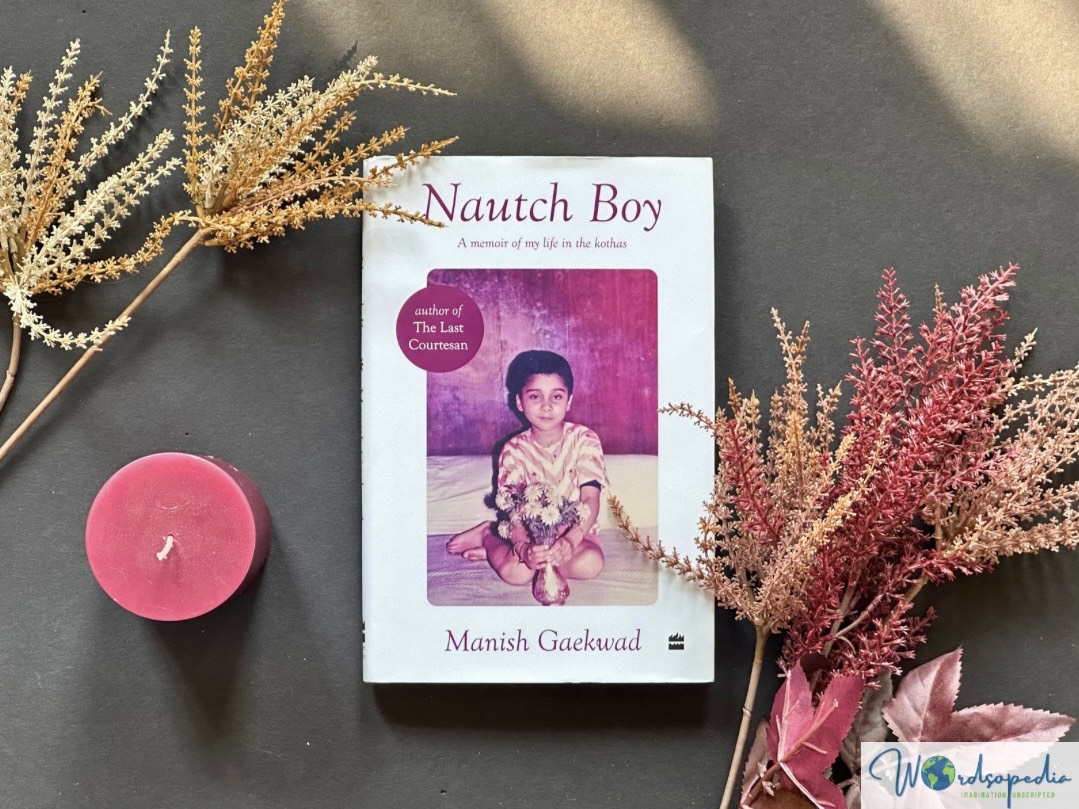When a book begins with “My mother entertained the thought of killing me,” you know it’s going to be impossible to put down. Manish Gaekwad’s Nautch Boy: A Memoir of My Life in the Kothas gripped me from the first page, pulling me into a world I had only known through Bollywood films. The kotha — romanticized by the yesteryear actors Rekha or Meena Kumari— is here stripped bare by Gaekwad, and what emerges is anything but romantic.
This is not an easy book to read. It is raw, unflinching, and deeply unsettling. Gaekwad writes of his childhood in a kotha — his complicated and often heartbreaking relationship with his mother, Rekha, his search for identity as a queer boy, and the constant struggle of societal expectations. There is no attempt to soften the edges. The violence, the stigma, the loneliness, the music, the Bollywood songs and dances that punctuated their nights — everything is rendered with stark honesty.
And yet, at its core, this is also a story of resilience. The mother-son bond is fraught with tension, but also threaded with fierce love. The final chapter — where the roles of parent and child reverse — left me choking up.
The writing is powerful. The scenes at the kotha, in the hospital, or at school are visceral — I could see them, smell them, almost flinch at them. At the same time, I found the pacing uneven. The flashbacks and introspective passages, though vivid, sometimes slowed the pace to the point where I lost momentum. The non-linear structure — moving between memories and the present — works thematically, but I often wished for sharper transitions or clearer milestones to anchor me.
What struck me most is how much of the memoir lives in the in-between spaces — the push and pull of shame and desire, of wanting to belong yet always being marked as different, of Bollywood’s glitter seeping into nights heavy with silence. Gaekwad doesn’t shield us from the rawness: the overthinking, his experiments with sexuality, the gender expectations he never fit into. And yet, within the discomfort, there is also beauty.
This isn’t a memoir that entertains; it confronts. It lingers not because of grand declarations of love, but because of the wounds it traces and the survival it documents. And it left me wanting more — especially about Rekha’s world, which is why I now want to read The Last Courtesan.
Nautch Boy is a difficult read, but one that refuses to let you go. As Gaekwad writes, “violence creates a more impressionable memory than love.” That line sums up the haunting power of this book — and why it stays with you long after the last page.
I received a review copy from New Asian Writing. This review reflects my honest and voluntary opinion.
Rating 4/5.

